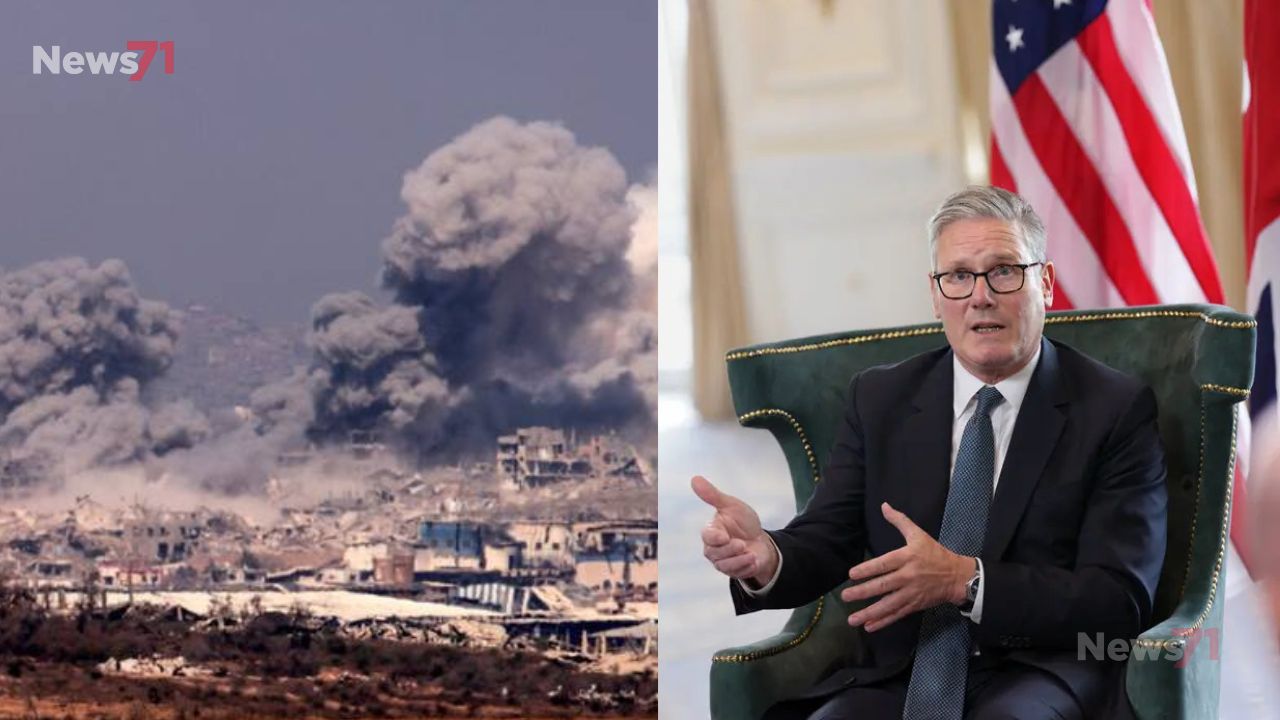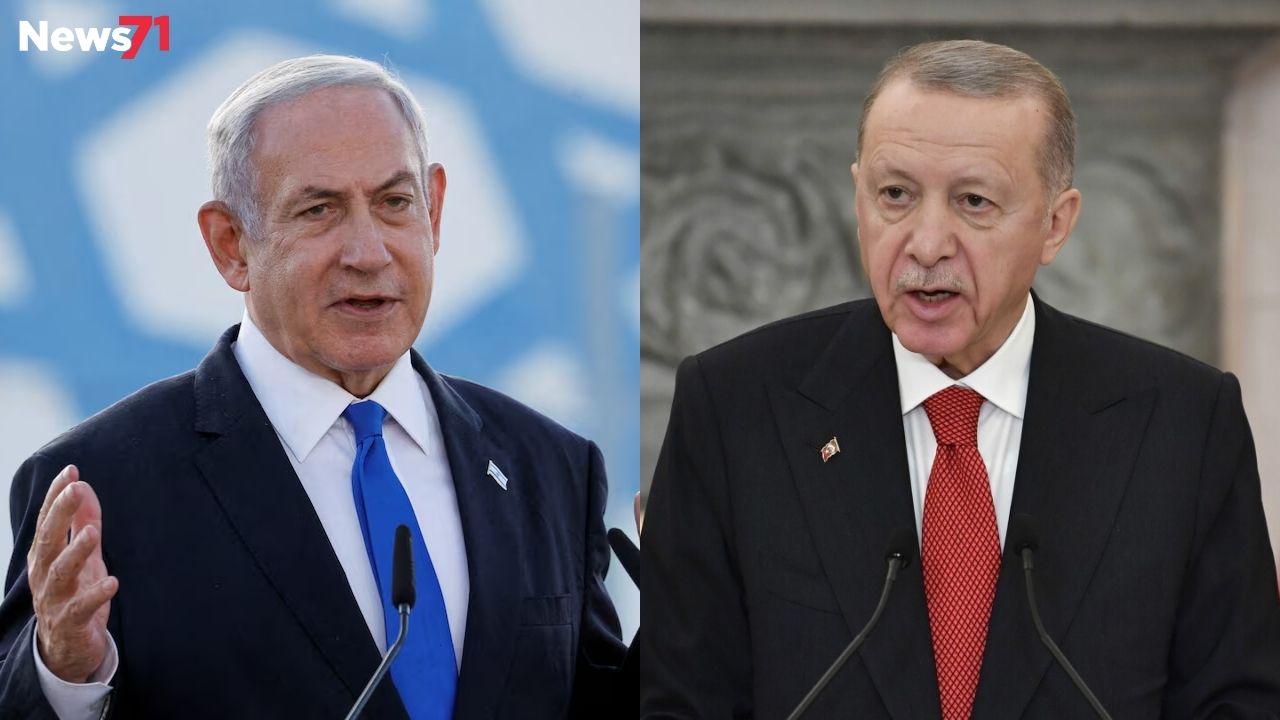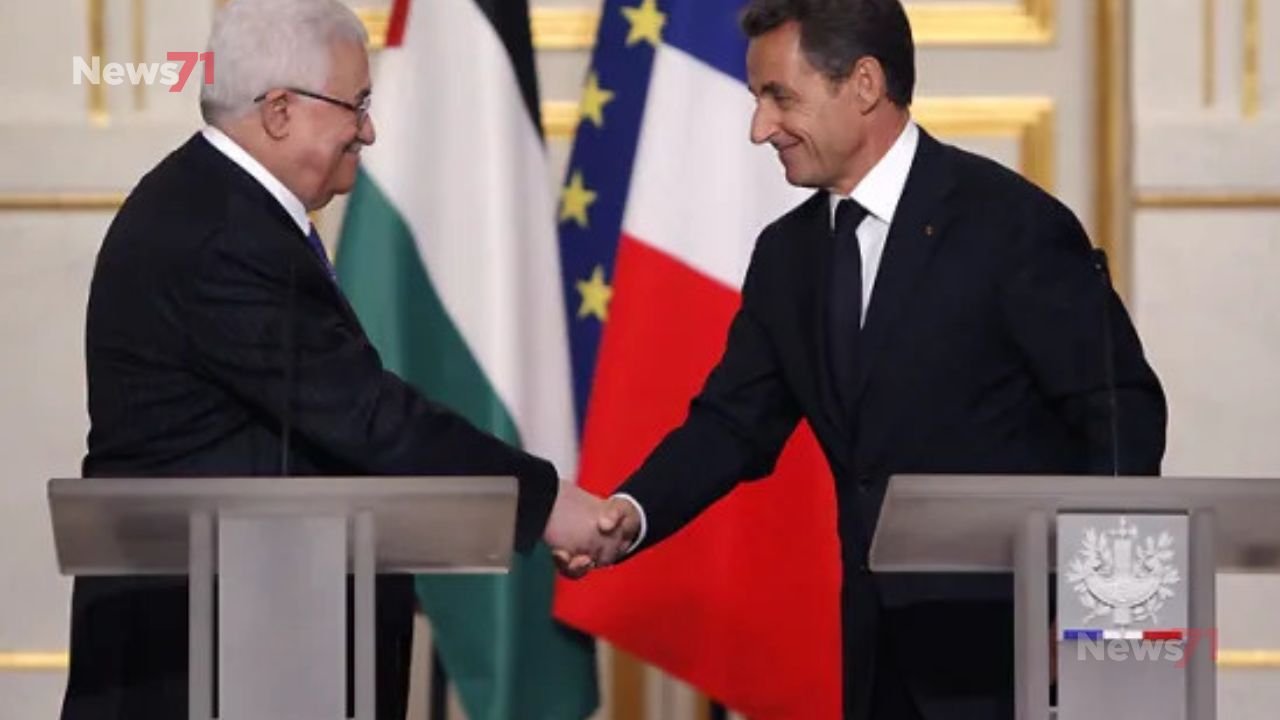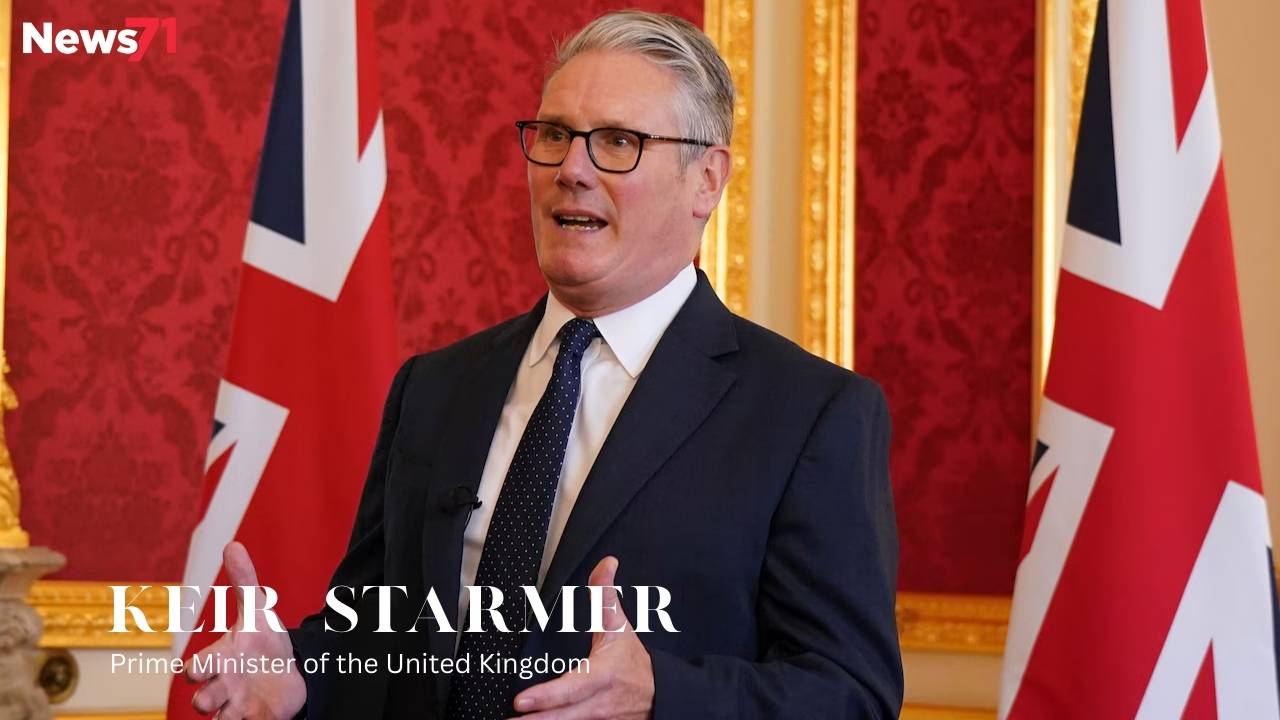Starmer to UK to formally recognise Palestinian Shifting Foreign Policy
Sir Keir Starmer is expected to UK to formally recognise Palestinian policy in a statement on Sunday afternoon, marking a significant shift in Britain’s approach to the Israel-Palestine conflict. The move comes after months of diplomatic conditions set by the prime minister, including a ceasefire in Gaza and commitments to a long-term peace process that allows for a two-state solution.
The decision follows Israel’s ongoing military operations in Gaza and its refusal to engage in long-term peace talks. The attack by Hamas on southern Israel on 7 October 2023, which resulted in over 1,200 deaths and 251 hostages, has further complicated diplomatic negotiations. Israeli leaders have strongly criticized the UK’s planned recognition, warning it could “reward terror.”
Starmer’s government argues that recognizing a Palestinian state is a moral responsibility to preserve the prospects of long-term peace. Ministers have highlighted the worsening humanitarian situation in Gaza, including images of starvation, mass displacement, and violence, which the prime minister described as “intolerable.” Israel’s latest ground operations in Gaza City, called “cataclysmic” by a United Nations official, have forced hundreds of thousands to flee and caused extensive destruction to infrastructure.
UK to formally recognise Palestinian
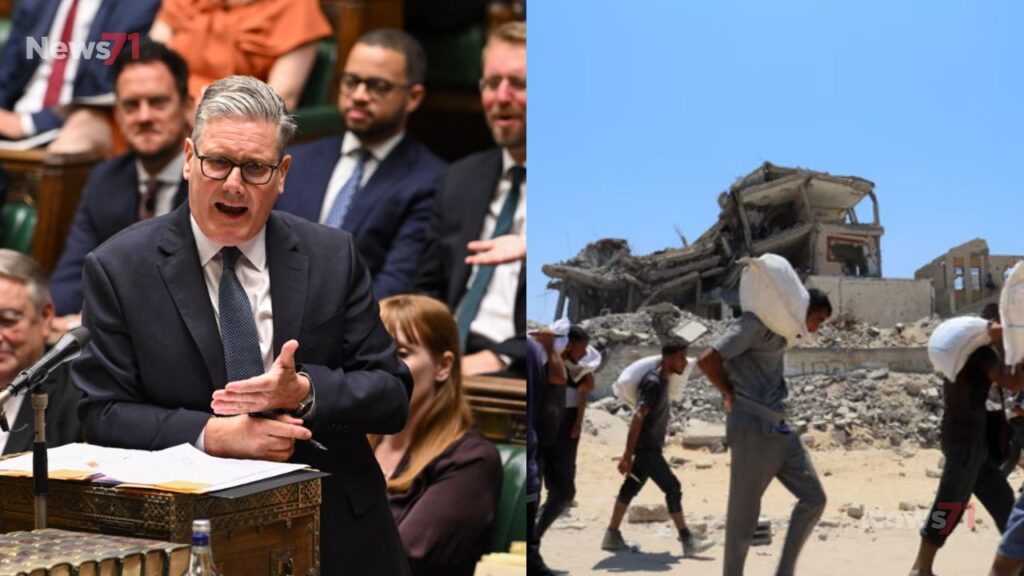
The UK’s recognition comes amid heightened tensions over Israeli settlements in the West Bank, which are illegal under international law. Justice Secretary David Lammy, who previously served as foreign secretary, cited projects like the controversial E1 settlement and ongoing settler violence as key reasons for the government’s decision. Palestinian Authority President Mahmoud Abbas welcomed Starmer’s announcement during his recent visit to London, agreeing that Hamas should play no role in future governance.
Despite support from some political leaders, the decision has drawn criticism from others. Conservative leader Kemi Badenoch emphasized the need for a two-state solution but warned that recognition without hostage releases could reward terrorism. Families of hostages taken by Hamas also urged the prime minister to delay recognition until the remaining 48 hostages, 20 of whom are thought alive, were safely returned. They warned that the announcement could complicate ongoing efforts to secure their release.
International reactions have been mixed. US President Donald Trump, visiting the UK, voiced disagreement with the recognition plan. Meanwhile, other nations, including Portugal, France, Canada, and Australia, have indicated plans to recognize Palestine, while Spain, Ireland, and Norway took similar steps last year.UK to formally recognise Palestinian
The symbolic nature of recognition is clear: Palestine is recognized by roughly 75% of UN member states but lacks defined borders, a capital, or an army. Official recognition primarily signals support for Palestinian sovereignty and a two-state solution encompassing the West Bank and Gaza Strip, with East Jerusalem as the intended capital.
Starmer’s move fulfills long-standing advocacy within the Labour Party. More than half of Labour MPs previously called for immediate recognition, particularly amid criticism that the UK government had conditioned its stance on Israel but not on Hamas, designated a terrorist organization by the UK government.
While the government maintains that statehood is a right of the Palestinian people and cannot depend on Hamas, the announcement represents a dramatic realignment of UK foreign policy. The plan to UK to formally recognise Palestinian underscores Britain’s commitment to a two-state solution, emphasizing both moral responsibility and a strategic push for stability in the region.
